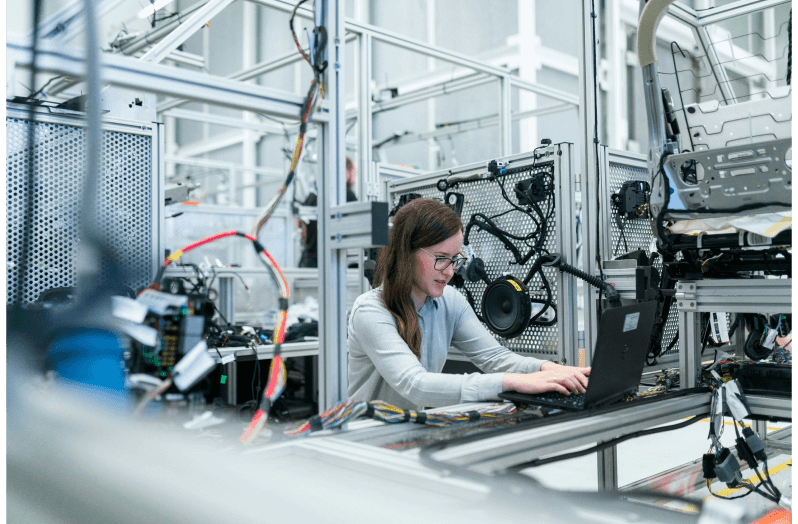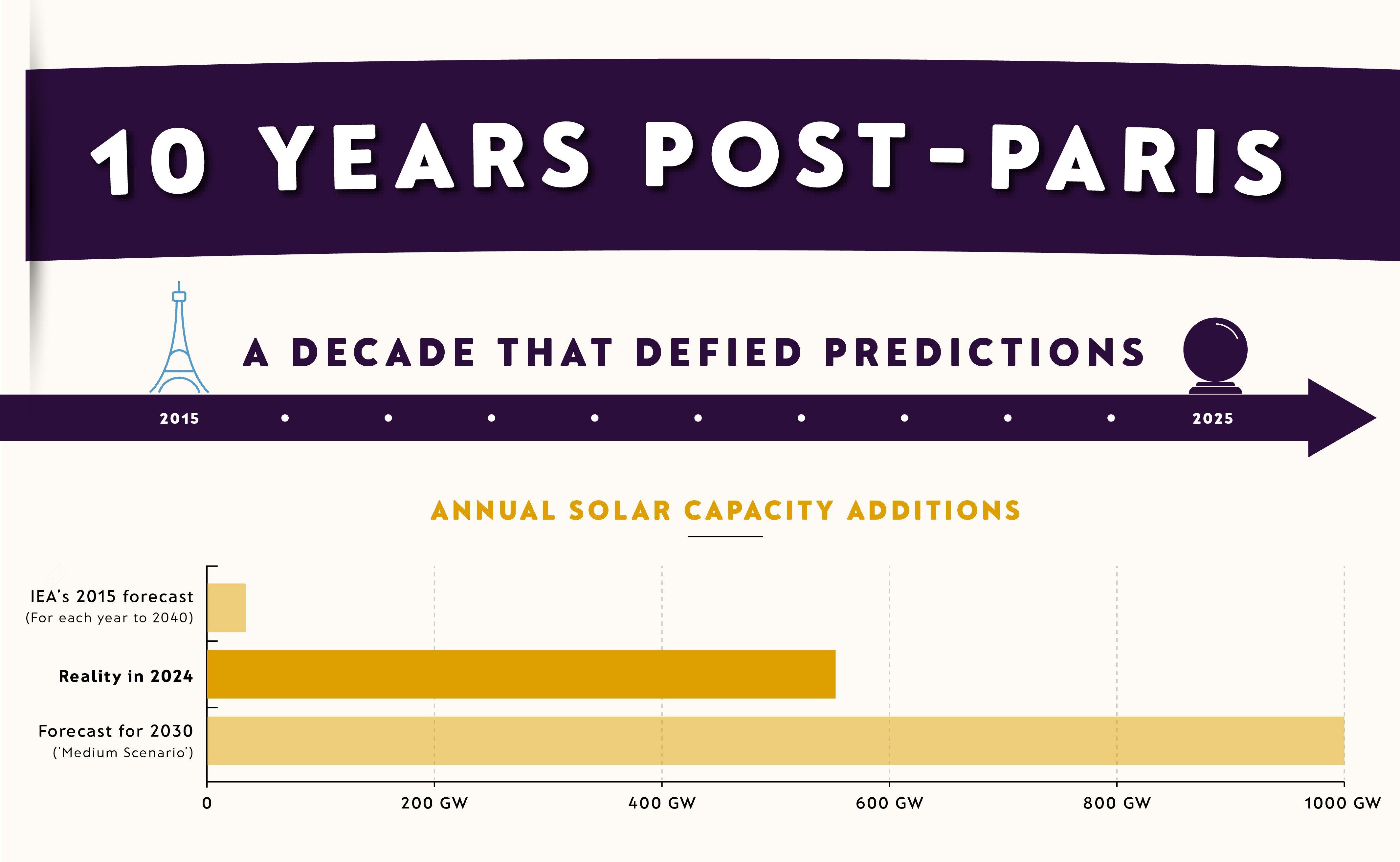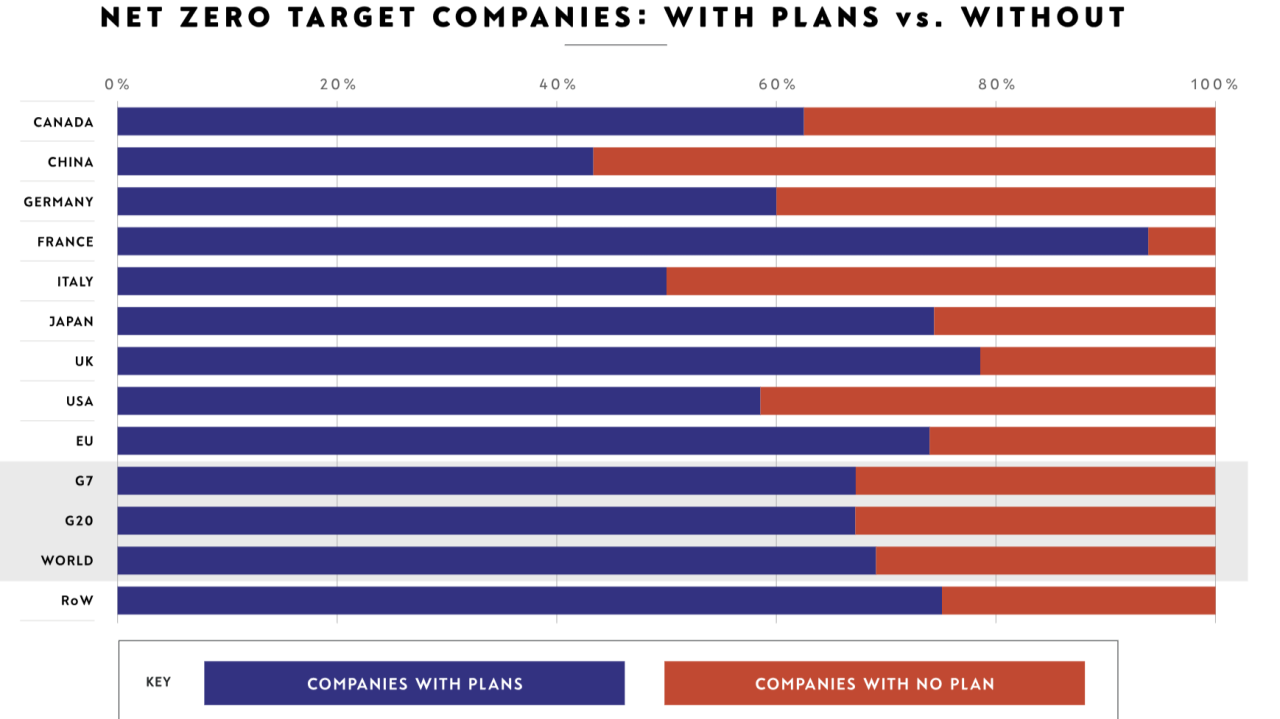
Converging innovation: A new era of investing in the future

Rahul Bhushan
15 years: Structured Products and Sustainability
Five major innovation platforms are about to reshape industries and societies in unprecedented ways

A remarkable convergence is occurring within the realm of disruptive innovation: for the first time in history, five major innovation platforms—Artificial Intelligence (AI), Robotics, Energy Storage, Multiomic Sequencing, and Public Blockchains—are evolving simultaneously. This unprecedented alignment mirrors a historical parallel from roughly 120 years ago, when transformative technologies like the Telephone, Electricity, and the Internal Combustion Engine emerged concurrently. This synergy of multiple innovation platforms is poised to reshape industries and societies in profound and unforeseen ways.
Now, each of these innovation platforms is significant in its own right, comparable to the Internet, which, since its ascent at the turn of the millennium, has generated over $10 trillion in global market capitalization. Now, with five such transformative platforms emerging simultaneously, the potential for economic impact and value creation is exponentially greater.
What is technological convergence?
The unique confluence between these five innovation platforms presents an unparalleled opportunity for industries and economies worldwide. Technological “convergence” is the process where advancements in one field propel developments in others, leading to a cascade of combined effects that amplify overall progress.
This synergy is particularly potent today as AI is acting as a catalyst, enhancing and accelerating developments across a range of sectors from genomics to robotics.
The acceleration of AI marks a significant leap forward, poised to surpass the economic impact of the steam engine on real GDP over the next seven years. We are already witnessing a dramatic shortening of timelines for achieving milestones like artificial general intelligence (AGI), underscoring the transformative potential of AI in the near future.
The broad implications
But, this era of convergence is not just about technological advancements. It’s about the transformation of entire industries and economies. For example, the integration of AI with autonomous mobility and energy storage systems is setting the stage for more efficient, economical transportation solutions. These advancements promise to revolutionise not just how we travel, but also how goods are transported, impacting logistics, urban planning and environmental sustainability.
The ripple effects of these technologies also extend to the macroeconomic landscape. With the continued advancement and convergence of these innovation platforms, there is potential for unprecedented growth rates in Real GDP. This growth is likely to reshape market capitalisations, with disruptive technologies becoming increasingly central to economic development and investment strategies. We expect disruptive innovation to achieve a total market capitalisation—across public and private—in excess of the traditional economy (i.e. non-innovation) by 2030, compounding at a growth rate of 42% per annum.

The road ahead
As society navigates this era of rapid technological change, it is increasingly critical to understand the intersections and implications of these converging platforms. For businesses, policymakers, and investors alike, staying informed and adaptable is essential to leverage the benefits of disruption.
Investors eager to tap into this burgeoning opportunity can choose to invest broadly across the five innovation platforms. Today’s timing is particularly opportune, as these converging technologies are expected to drive significant macroeconomic shifts, potentially enhancing the annualized equity return associated with disruptive innovation significantly by 2030. We project that the global equity market value tied to innovation could expand from 16% to over 60% by 2030, marking a pivotal shift in investment dynamics.
Alternatively, investors may opt for a combination of innovation platforms, such as AI and Robotics, which are often paired together. The launch of ChatGPT in December 2022 captivated a global audience, rapidly attracting 100 million users within two months—faster than the growth rates of platforms like TikTok, YouTube, and Facebook. This rapid adoption highlights AI’s expanding role in our daily lives and hints at profound sector-wide transformations. As AI training costs plummet by 75% annually—surpassing the pace predicted by Moore’s Law—we are on the brink of a technological affordability and accessibility revolution. This cost reduction is paving the way for autonomous humanoid robots that transcend industrial use to become everyday partners and helpers, while autonomous vehicles are emerging as the ultimate mobile devices, heralding an era of unprecedented mobility and freedom.
Lastly, investors may choose to focus on a single innovation platform, such as the Genomic Revolution (a derivative of Multiomics). The plummeting costs of genomic sequencing and the rise of multiomic technologies are unlocking unprecedented opportunities in healthcare. Our journey into the molecular fabric of life is transforming our approach to diseases that have long evaded cures, particularly rare genetic disorders and cancer. In 2023, the medical community achieved a milestone with the first approvals for gene editing treatments for beta thalassemia and sickle cell disease in both the United States and Europe, signalling a new dawn for patients burdened by these conditions. Meanwhile, in the UK, a young leukaemia patient found hope through a pioneering T-cell therapy in 2022, marking another step forward in our battle against cancer. The implications for patient care, biological sciences, and the broader economy are profound, and we have forecasted a future where the treatment of once-intractable diseases becomes a reality for all.
Investing in these innovation platforms is what we're facilitating at ARK Invest Europe.

Rahul Bhushan
Share "Converging innovation: A new era of investing in the future" on

































